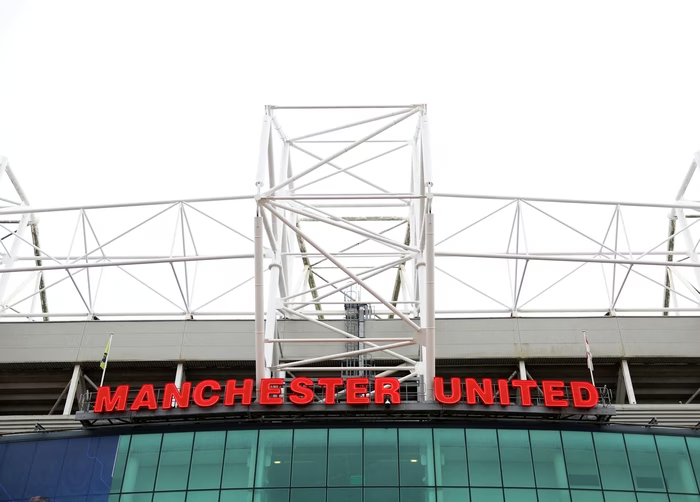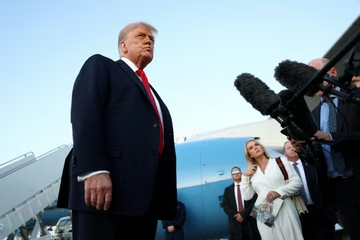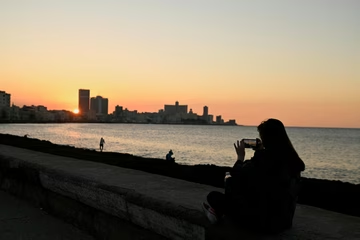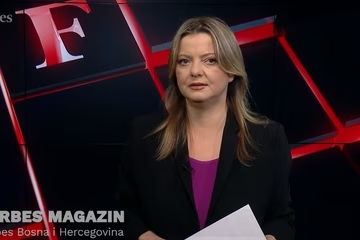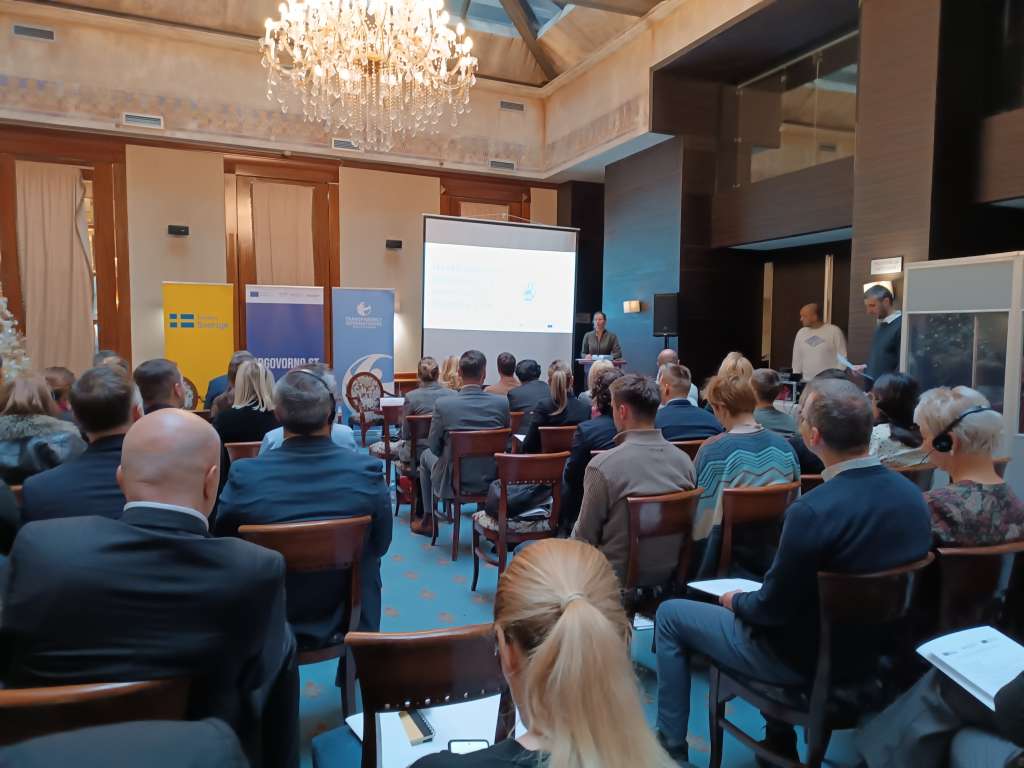
At the conference "Strengthening Integrity and Accountability in the Fight Against Corruption in BiH," held in Sarajevo and organized by Transparency International in BiH (TI BiH), participants highlighted the worsening state of corruption in Bosnia and Herzegovina. Experts and officials emphasized that the fight against corruption is a collective priority requiring action from all sectors of society, including citizens, government institutions, and the judiciary.
Aurelie Valtat, representing the EU Delegation in BiH, underscored the detrimental impact of corruption on democracy and economic stability. She noted that the European Union expects Bosnia and Herzegovina to demonstrate accountability and integrity by strengthening the rule of law and fostering transparency. “This is essential for building a better future for all citizens,” Valtat said, adding that corruption undermines fair judicial processes and hampers societal progress.
Borislav Borenović, Chair of the BiH Parliamentary Anti-Corruption Committee, warned about alarming trends in the fight against corruption. He pointed out that while BiH has around 370 prosecutors across 19 offices, including the BiH Prosecutor's Office and entity and cantonal prosecutors, only one indictment for high-level corruption has been confirmed out of 3,000 reported cases. “We live in a deeply corrupt society where unethical behavior has become normalized. It’s a serious danger to the fabric of our community, and urgent action is needed,” Borenović said.
He further emphasized that the problem cannot be tackled by a single institution. Instead, it requires cooperation from all stakeholders, including political actors, to prioritize the public interest over partisan agendas. The Committee has initiated changes to certain legal provisions to address these concerns.
Srđan Blagovčanin, Chairman of the Board of Directors of TI BiH, expressed disappointment in the lack of progress. He criticized the Federation of BiH for its failure to adopt laws on whistleblower protection and conflict-of-interest regulation. Blagovčanin described BiH as being subjected to "state and institutional capture," where political parties wield excessive influence, compromising the independence of key institutions. He added that existing legal frameworks are either poorly implemented or ignored altogether.
“We are still waiting to see meaningful results in the fight against corruption,” Blagovčanin remarked, emphasizing that prosecuting political corruption is a key measure of progress.
The conference also featured the presentation of TI BiH's report on the state of anti-corruption frameworks in BiH. This report analyzed existing legal mechanisms, and their implementation challenges, and provided recommendations for improving anti-corruption efforts.
Two thematic panels were held during the event: “Accountability for Results in the Fight Against Corruption” focused on evaluating the roles of institutions and political actors, while “Managing Conflicts of Interest” examined the shortcomings of the legal framework in the Federation of BiH and proposed mechanisms for improvement.
The discussions reaffirmed that corruption remains one of the biggest challenges for Bosnia and Herzegovina, requiring not only legislative changes but also a shift in political will and societal attitudes to ensure transparency, integrity, and accountability.
Kakvo je tvoje mišljenje o ovome?
Učestvuj u diskusiji ili pročitaj komentare





 Srbija
Srbija
 Hrvatska
Hrvatska
 Slovenija
Slovenija


















